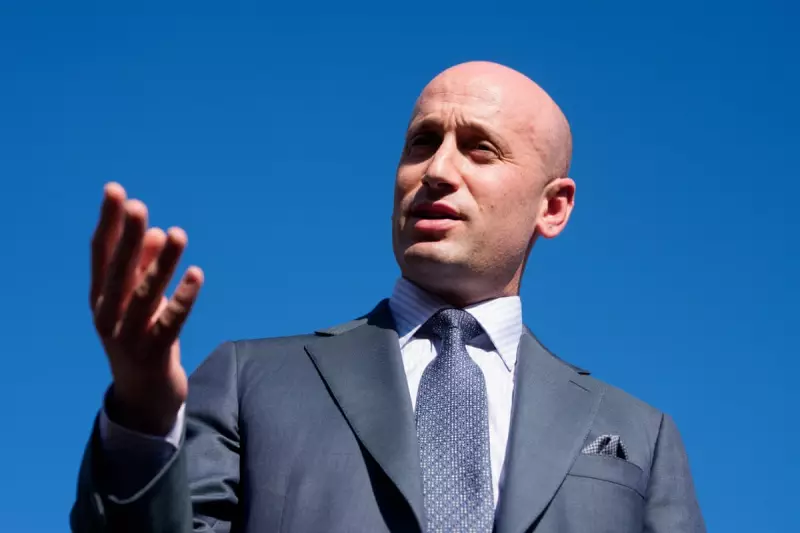
In what legal experts are calling a constitutional power grab, former Trump adviser Stephen Miller is promoting a radical legal doctrine that could fundamentally reshape American democracy. The concept of 'plenary authority' is being positioned as the legal foundation for an unprecedented expansion of presidential power should Donald Trump return to the White House.
What Exactly Is Plenary Authority?
At its core, plenary authority refers to complete and absolute power over a particular area of governance. Miller argues that the US constitution grants the president such sweeping authority over immigration and national security that congressional approval or judicial oversight becomes virtually unnecessary.
'This isn't just conservative policy-making—it's a revolutionary reinterpretation of the presidency itself,' explains constitutional law professor Evelyn Atkinson. 'They're essentially arguing that the president can act as legislator, judge, and executor in specific domains.'
The Chilling Precedents
Historical examples of plenary power usage reveal why legal scholars are sounding alarm bells:
- The forced relocation of Native American tribes in the 19th century
- The internment of Japanese Americans during World War II
- Various immigration exclusion cases where judicial review was limited
'These aren't examples we should be eager to resurrect,' warns civil liberties advocate Marcus Johnson. 'They represent some of the darkest moments in American jurisprudence, where constitutional protections were set aside for political expediency.'
Miller's Immigration Agenda
The immediate application of this doctrine would be in immigration policy. Miller has outlined plans for:
- Mass deportations without individual court hearings
- Border closures by executive fiat
- Revocation of legal status for certain immigrant groups
- Construction of border barriers without congressional funding
'This represents the most dramatic assault on due process we've seen in modern American history,' says immigration lawyer Sarah Chen. 'They're not just changing policy—they're rewriting the rules of governance.'
Constitutional Crisis Looming
Legal experts universally agree that implementing Miller's vision would trigger immediate constitutional challenges. The fundamental question becomes: can any president truly operate above the law in specific policy areas?
The separation of powers—America's foundational check on authority—would face its greatest test in generations. As one former White House counsel noted anonymously, 'This isn't about conservative versus liberal politics. This is about whether the constitutional framework we've operated under for 250 years can survive.'
With the 2024 election approaching, the plenary authority doctrine represents more than just a policy debate—it's a battle for the soul of American constitutional government.





